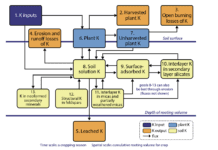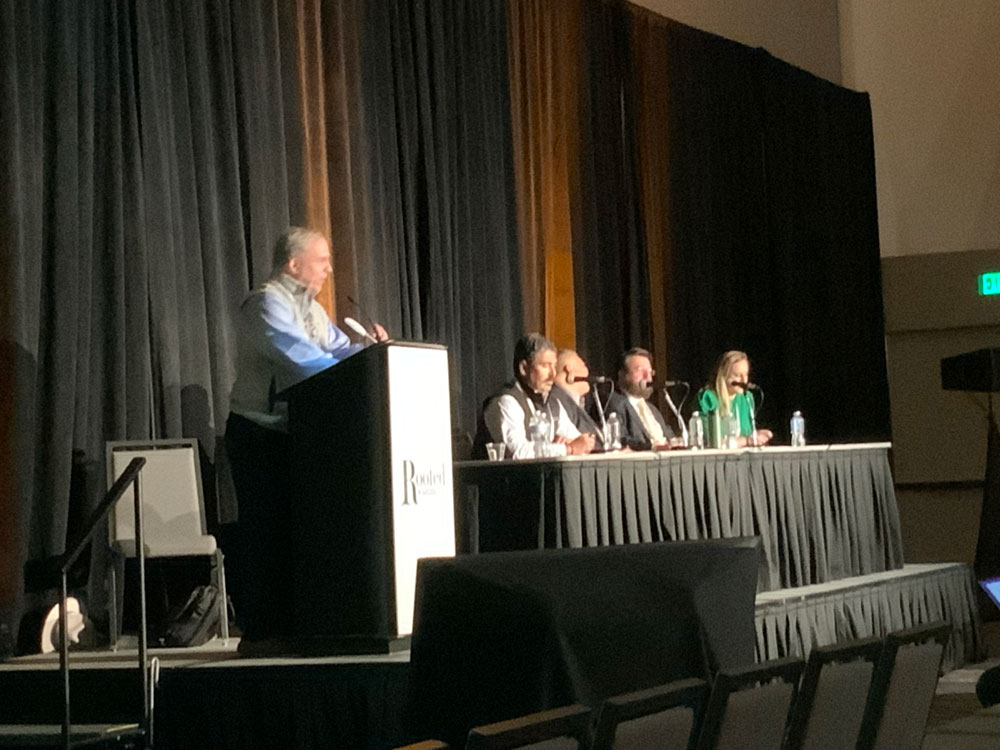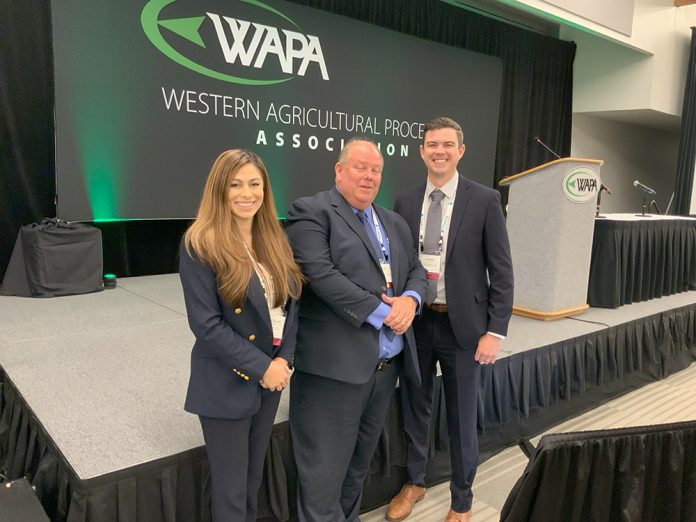
Western Agricultural Processors Association members and affiliates shared their hopes and concerns during the three-day annual meeting held in June. As usual, WAPA got down in the weeds about the regulatory and legislative issues on its plate, in essence so its members don’t have to.
In fact, attendees agreed that the value of an organization like WAPA is in its presence at hearings and the halls of government so that its 181 huller/processor members can go about the business of handling and moving nuts.
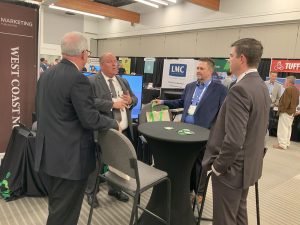
As an example, CEO Roger Isom spent one day away from the event to testify on a proposed new OSHA indoor heat illness rule. He also engaged with legislators to help secure a labor agreement that should stave off a potential labor dispute at the ports.
Michael Kelley, president of Central California Almond Growers Association, said implementing this rule could cost an average nut sheller $6 million and yet there has not been a history of indoor heat illness in a nut sheller facility.
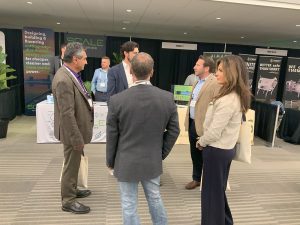
“As an independent handler, if I went to OSHA to discuss this I would never get an audience. There’s strength in numbers because Roger is representing us all,” Kelley said. He noted that Isom and the WAPA staff also lead on issues where there can be a positive outcome.
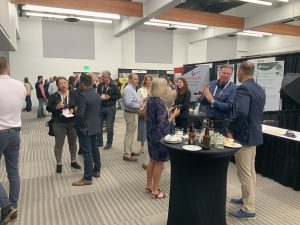
“He doesn’t just stave off harmful regulations, he helps implement positive change,” Kelley said.
Don Barton with GoldRiver Orchards said that having that representation as rules are being made is invaluable.
“Farmers just want to farm,” he said, “But in Sacramento, if you don’t have a seat at the table then you are on the menu.”
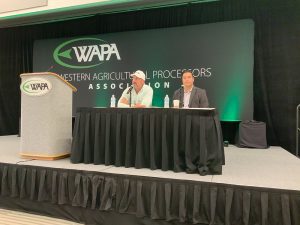
Isom and staff listed a number of additional important issues where the WAPA staff and board of directors are currently working to give the industry that seat at the table. You can read about those issues at the West Coast Nut web site wcngg.com or in WAPA’s monthly column in West Coast Nut magazine.
Among them the Advanced Clean Fleet Rule; Proposed Pesticide Notification Requirements; liability insurance caps, Electric Forklift Rule, which would require that all forklifts be electric by 2029, and others. All will have a significant impact to the industry’s bottom line.




